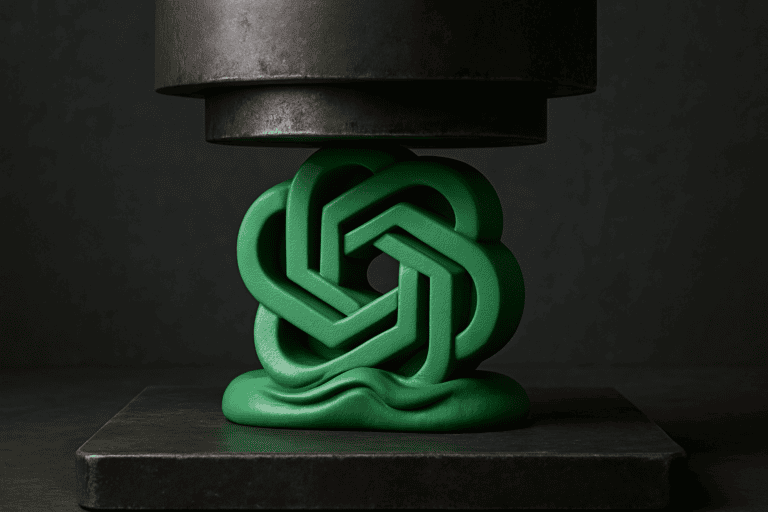Critics argue that AI companies exploit user data without permission or compensation. The new ChatGPT Data Collective aims to break this power dynamic by giving people ownership over their conversations with OpenAI’s chatbot.
Users receive $GPT tokens for their contributions. The number of tokens is based on the quantity and quality of the data. The tokens function as both a reward and a governance tool. Token holders can vote on how the shared dataset is used, who gets access to it, and which tools are funded.
The project is set up as a decentralized autonomous organization (DAO). This means that the community determines the course, not a single company. Data remains encrypted until users choose to contribute. They can also update or delete their information at any time.
How the collective works
Participants can upload a .zip file of their exported ChatGPT history. This dataset contains complete conversations, feedback to the AI, and metadata, including subscription type and language settings. Together, this provides insight into communication patterns between people and machines, from questions asked to developments in tone and curiosity.
Anna Kazlauskas, founder of the Vana Foundation behind the project, says the goal is to give people back control. “The ChatGPT Data Collective gives users the power not just to reflect on that data, but to decide how it’s used and valued — putting control and ownership back where it belongs: with the user,” she explains.
The collective promises an alternative with a privacy-first, user-driven approach. Future applications may include journaling features, personal memory analysis, and reflective AI experiences tailored to individual data.
Tip: OpenAI will soon let you “Log in with ChatGPT” on external apps
